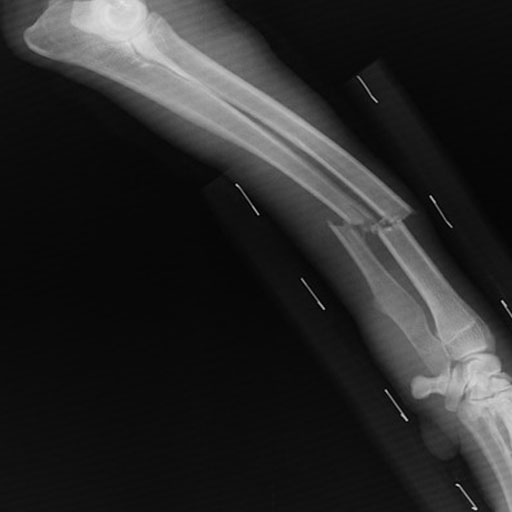Deliver administrative tasks within the ED and as part of the wider NHS
Read More

Deliver administrative tasks within the ED and as part of the wider NHS
Read More
Be able to deliver quality improvement in the ED
Read More
Understand, be able to utilise and participate in EM research
Read More
Support, supervise, mentor and educate the ED team
Read More
Provide leadership to the whole ED and link with the wider health community on shift
Read More
Be able to manage the wide variety of challenges, posed personally and to the ED team on the ED shift
Read More
Proficiently provide the full range of technical skills needed in Emergency Medicine
Read More
Care for and resuscitate children in the ED
Read More
Manage all injured patients presenting to the ED, including major incidents
Read More
Resuscitate and stabilise critically ill adults, lead resuscitation teams, know when resuscitation should be stopped and care for ED patients at the end of their life
Read More